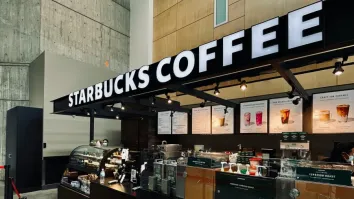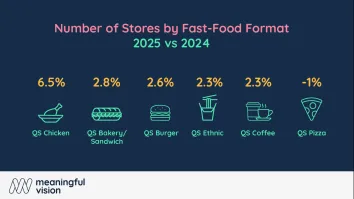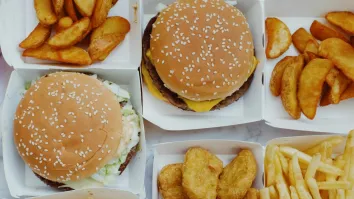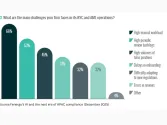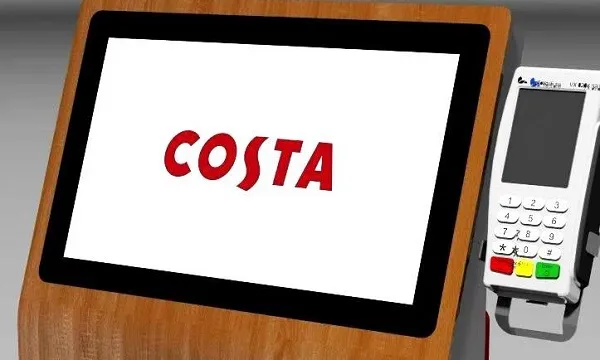
Almost six in ten food operators seen to adopt self-serve kiosks in 2020: study
Main consumer attractions of this kind of technology are privacy and control.
Self-serve kiosks are seen to go mainstream in the foodservice industry, with almost 6 in 10 food operators perceived to be adopting self-serve technology by October 2020, according to a new study from solutions provider Kurve Kiosk.
“Self-serve tech and kiosks have been a hot conversation for a while now. Everyone has witnessed the success of McDonalds and knows the American QSR, fast-food and casual dining sector have gone full steam ahead due to customer acceptance and demand,” Kurve Kiosk CEO Steven Rolfe said in a statement.
Most food operators (65%) cited staff productivity as the primary benefit for kiosk deployment, which enables repurposing of staff to “ increase operational efficiency and the customer experience without increasing salary headcount.”
Other benefits mentioned include reducing customer waiting times, revenue generation and increasing product sales.
In contrast, most operators (62%) see a challenge to its integration with existing IT infrastructure, as well as EPoS limitations, cost of installation, and cost of redesigning existing store layout.
Self-serve kiosks over cashiers
Four in every ten UK residents polled by the kiosk solutions firm said they would use a self-serve kiosk over a cashier.
Main consumer attractions of this kind of technology are privacy and control, along with convenience, order customisation, accuracy and queue avoidance.
Moreover, food operators might be underestimating their customers’ reception to using kiosks as 56% believe about half or more of their customers are willing to use self-serve, compared to 66% of UK consumers.


